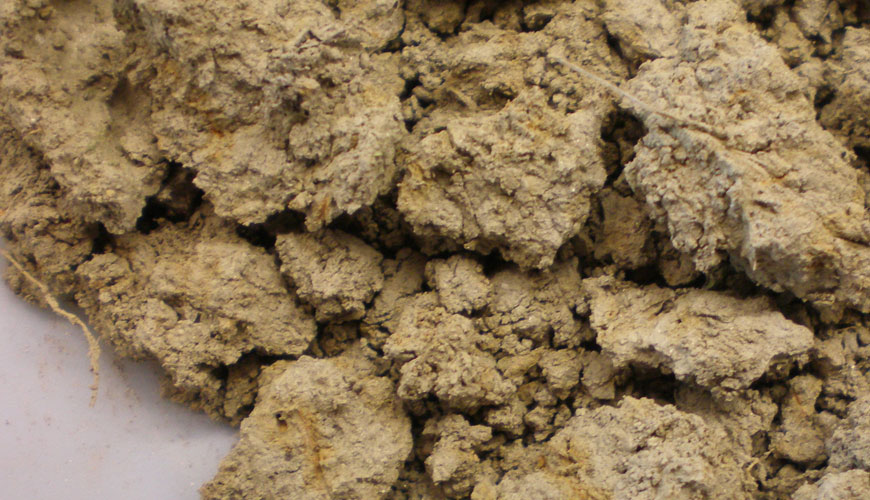

EUROLAB, with its state-of-the-art accredited laboratories and expert team, provides precise and fast testing services within the scope of ISO 11260 testing. This standard specifies a method for the determination of the cation exchange capacity (CEC) of soil at pH and for the determination of the exchangeable sodium, potassium, calcium and magnesium content in the soil.

The effective cation exchange capacity (CEC) is a measure of the soil's ability to retain and exchange cations (positively charged ions). It represents the sum of exchangeable cations that can be held by the negatively charged surfaces of the soil. The base saturation level indicates the rate of CEC occupied by basic cations such as calcium (Ca2+), magnesium (Mg2+), potassium (K+) and sodium (Na+).
The method outlined in ISO 11260 includes the following steps:
ISO 11260 provides specific requirements, procedures and calculations to enable a standardized and accurate determination of the effective CEC and base saturation level using the barium chloride solution method.
EUROLAB assists manufacturers with ISO 11260 test compliance. Our test experts, with their professional working mission and principles, provide you, our manufacturers and suppliers, the best service and controlled testing process in our laboratories. Thanks to these services, businesses receive more effective, high-performance and quality testing services and provide safe, fast and uninterrupted service to their customers.
To get an appointment, to get more detailed information or to request an evaluation, you can ask us to fill in our form and reach you.